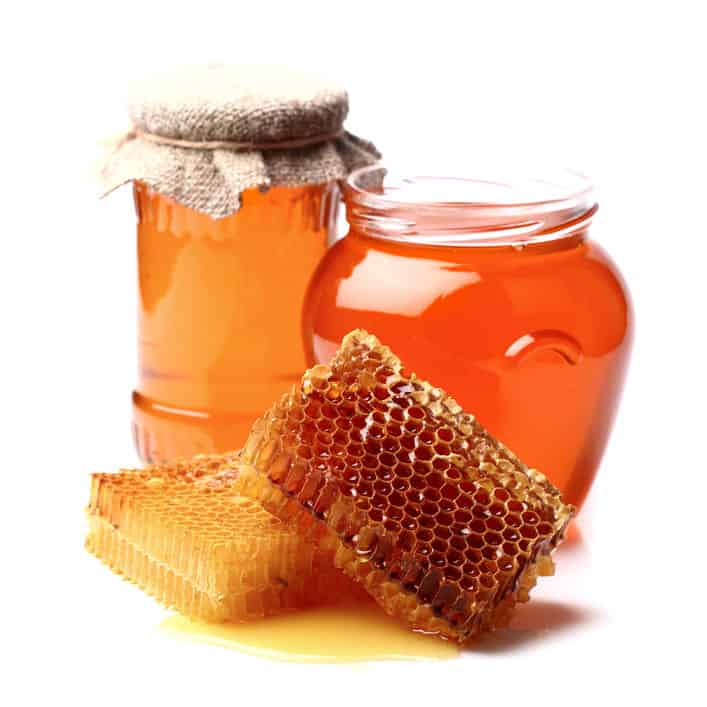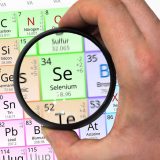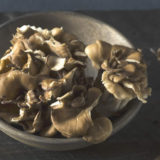

“Organic” is a concept that is growing in popularity. Though shopping and eating organic foods and products is on the rise, and essentially trendy, one must question as to whether it possesses enough healthy advantages to truly be worth the added cost. In less than20 years, organic foods have ascended from a mere three million dollars in revenue to over 20 million dollars annually. This leaves organic consumers with a grocery bill nearly double that of the conventional American shopper. In recent years, individuals, groups, and researchers have begun an inquiry into the benefit, or lack thereof, of eating a largely organic diet and they are coming up short on any substantial benefit.
The lengthy definition of organic set forth by the United States Department of Agriculture’s National Organic Program details that organic products come from animals that are not given antibiotics or growth hormones and that organic food is made without the use of conventional pesticides and synthetic fertilizers. This, however, does not always mean that there are no pesticides or herbicides used and farmers can still use “natural” pesticides. Another cause for concern is the fact that imported products are rarely inspected and could potentially come from countries that have little enforcement of protocols for foods labeled as organic.
Under the USDA, organic food labeling falls into three categories: “100% Organic,” “Organic” (95% organic ingredients), and “Made with Organic Ingredients” (70% organic ingredients). A responsible consumer should read all labels and note that very few foods are actually 100% organic. More notably, recent studies have indicated that organic produce does have 30 percent less pesticide residue than conventionally grown food and a list has begun to circulate as to which produce should be purchased as organic and which are just as safe even if they are not organic. These foods are referred to as the “Dirty Dozen” and “Clean 15,” respectively.
Below there are five other foods that you should skip organic on:
-
- Eggs: Generally speaking, chickens that are raised for eggs are not given any growth hormones. Research and testing has shown that organic eggs do not have any more or less contaminants than eggs without the organic label.
- Honey: Organic honey is essentially a myth. Honey that is truly organic cannot exist because bees are going to float from flower to flower and feed, regardless of whether there chosen blossom is pure and organic or not. Consider buying local or raw honey, but not necessarily organic.
- Milk: Recent studies have revealed that milk produced by cows that were given growth hormones seemed equally safe for consumption. Conclusions suggested that there was no noteable difference in the concentration of estrogen in organic milk versus conventional milk. Overall, the lower the fat content of the milk, the lower the estrogen levels.
- Processed Foods: Processed foods are processed foods even under the guise of the organic stamp. If food comes out of a box or package that claims to be organic, it may not have any preservatives, but it is more than likely still not nutritionally superior.
- Seafood: There are no federal regulations to classify any fish or sea life as organic. Be aware of any seafood that is marked in this way because it is probably more expensive but lacks testing for toxicity and could still possibly contain impurities, including mercury.





I think there is always a need for consumers to educate themselves about the regulatory loopholes allowing food companies to mislead with labels. That’s exactly why articles written about this issue should be diligent in presenting the nuances. The tone of your article suggests the word organic is rendered almost useless, and I fear it has the effect of prompting consumers to give up on organics. There are definitely problems with the bastardization of “organic” by agribusiness, but it’s still the single best indicator of healthy food, and a healthier, more compassionate environment. The higher up the food chain, the more important the organic label is, because it includes standards for the humane treatment of animals and an ability to graze the way they were in intended.
The only antidote to the bastardization of “organics” is the active consumer who uses all their resources to fight the Orwellian efforts of Big Agribusiness. I’d like to see the author of this article write of ways which empower consumers by giving links to organizations fighting for meaningful labeling laws. Articles that say, “buy this, not that” fall short of good journalistic diligence.
Processed Food is Processed Food, however Organic Processed food at least is not filled with pesticides, herbacides, insecticides, antibiotics, plasticides, ETC… This article is one of the most ridiculous articles I have ever seen on the subject. No basis for reality only opinion and conjecture.
With Milk, it isn’t the estrogen that is present, it is the estrogen effect that happens with cows treated. Most things that cause an estrogen effect have a chemical composition that triggers our bodies to create more estrogen, not necessarily just the estrogen IN the food.
Sounds to me like you had a deadline to get an article so you threw together this nonsense…
I disagree with some of the article. Organic eggs are superior to non organic eggs. Growth hormones are not the only issue. Organic also (or is supposed to) mean they are fed organic feed. Which means it’s not a gmo. I don’t think it is yet proven that gmo itself is harmful but it seems to be a no brainer that the pesticides they are sprayed with are harmful. Gmos are heavily sprayed. The best eggs to get of course are free range organic. Feeding a grain diet to chickens is not natural and the chickens nutrient levels are compromised. Some free range still gets some grains but not as many. Same thing goes for cows or any livestock. I also don’t think it’s good to discredit organic foods. if you eat processed foods organic is still a little better as it doesn’t or shouldn’t have gmos